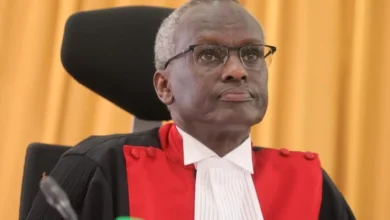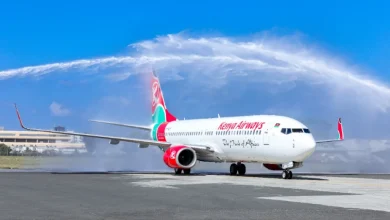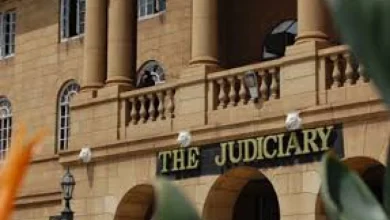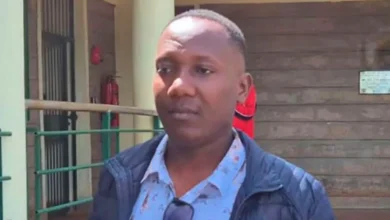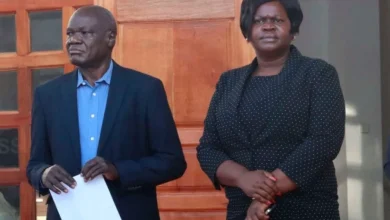The US Announces Major H-1B Visa Reforms TakingEffect January 2025The US Announces Major H-1B Visa Reforms TakingEffect January 2025

The US Department of Homeland Security (DHS) is set to implement major reforms to the H-1B visa program, with changes scheduled to take effect on January 17, 2025.
These reforms aim to streamline the application process for both employers and foreign workers. A significant aspect of the upcoming changes is the refined definition of “speciality occupation.” Under the new criteria, the focus will shift to the specific skills and expertise required for a position, ensuring that only candidates with educational backgrounds closely aligned with their job responsibilities will qualify for H-1B visas.
This adjustment will disallow general degrees, such as MBAs, from automatically meeting the eligibility requirements, thereby safeguarding the program’s integrity. In addressing concerns over lengthy application processing times, the DHS has pledged to expedite H-1B application reviews. By minimizing delays, the agency aims to provide swifter decisions and reduce uncertainty for employers and prospective employees alike.
Additionally, the reforms will introduce automatic cap-gap extensions for F-1 students transitioning to H-1B status. This extension will preserve the F-1 status and employment authorization of students during the cap-gap period, which lasts until April 1 of the relevant fiscal year. This measure is crucial for ensuring employment continuity for students awaiting H-1B approval.
To support these revisions, the US Citizenship and Immigration Services (USCIS) will unveil a revised Form I-129 on the same date, designed to streamline the application process for H-1B and other nonimmigrant workers while ensuring alignment with the updated regulations. Further updates include a revision of the deference policy, which will accelerate processing times.
Adjudicators will now be required to defer to prior USCIS determinations for Form I-129 petitions involving the same parties and facts, with exceptions made only for material errors or changes impacting eligibility. The H-1B visa program remains essential for the temporary employment of foreign workers in specialized roles requiring at least a bachelor’s degree. It includes an annual cap of 65,000 visas, along with an additional 20,000 exemptions for candidates holding advanced degrees from US institutions.
In summary, these scheduled reforms promise to significantly benefit the H-1B visa program by addressing processing delays and clarifying eligibility criteria. Employers can expect more defined hiring guidelines, while foreign workers will gain stability through automatic cap-gap extensions.
